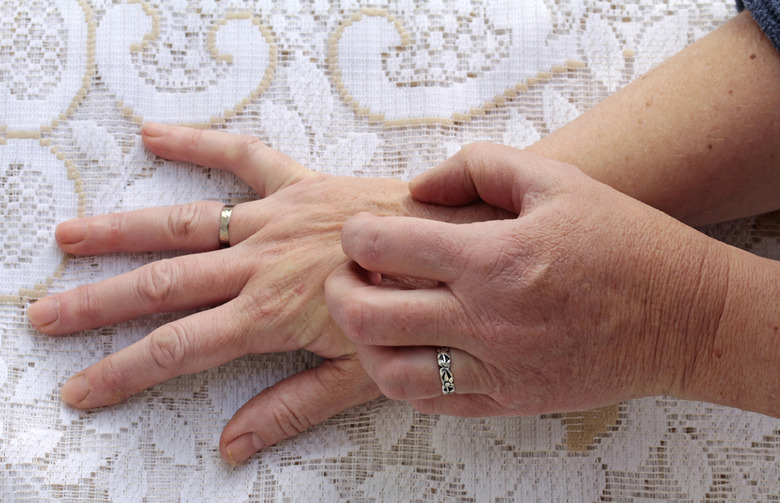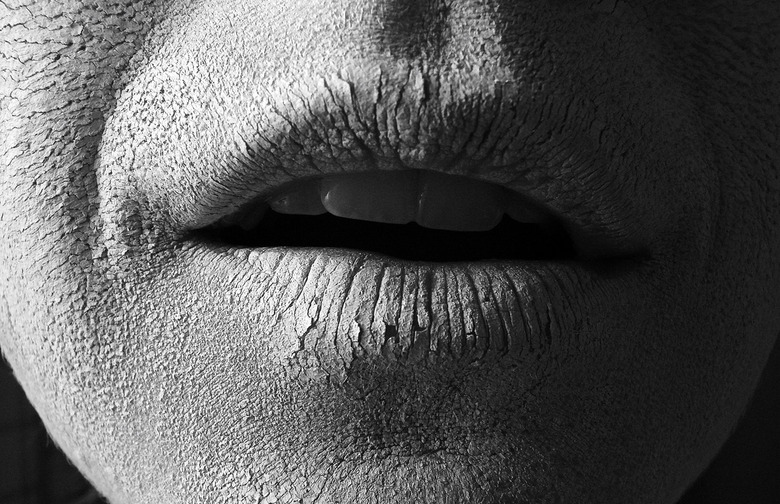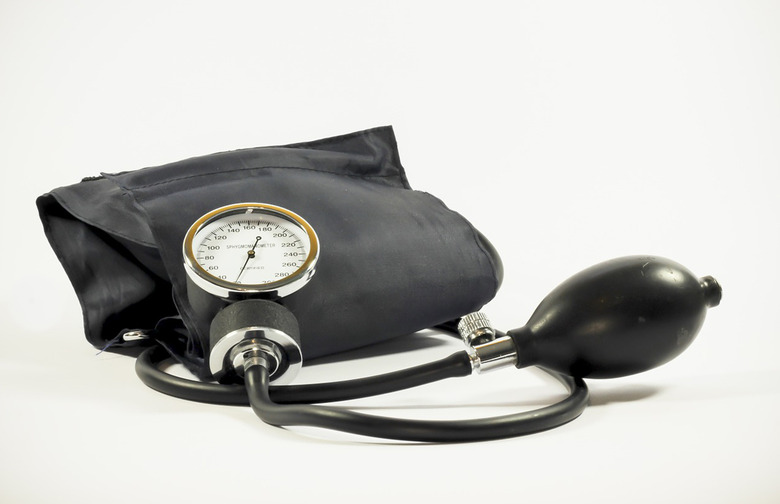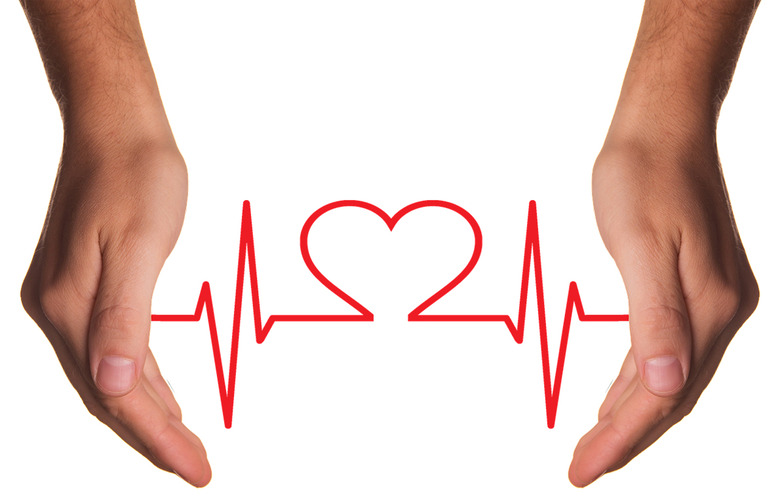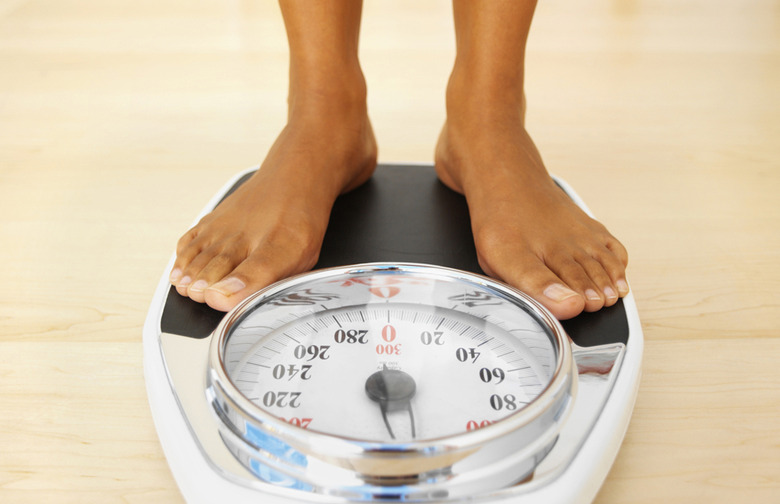Watch Your Metabolism: 10 Signs You Should Get Your Thyroid Checked
According to The American Association of Clinical Endocrinologists, thyroid disorders affect at least 30 million Americans and half of them are undiagnosed. Robin Miller, medical doctor and integrative medicine specialist, said that women are 10 times more likely than men to experience thyroid problems.
Change in Appetite
One of the worst effects of hyperthyroidism is that, if have too much of the thyroid hormone flowing through the body, you're hungry all the time.
More on Change In Appetite
Your taste and smell can also be affected if your thyroid is underactive, which in turn can affect your appetite.
Depression
Hypothyroidism can affect your mood directly.
More on Depression
If your body does not produce enough of the thyroid hormone, your levels of serotonin, or the "happy hormone" in the brain, may be low.
Disrupted Sleep
If you are falling asleep at your work desk every day and it is extremely difficult for you to wake up in the morning, hypothyroidism could be the cause, because it slows down all of your bodily functions.
More on Disrupted Sleep
If you cannot sleep, hyperthyroidism could be causing rapid pulse and anxiety, which can wake you up in the middle of the night.
Dry Skin
Dry skin is not always a result of the change of seasons or forgetting to use lotion.
More on Dry Skin
Dry and itchy skin can be due to a slow metabolism, which is what happens when the thyroid hormone production is limited.
Exhaustion
Although it may be hard to pinpoint a thyroid disorder from increased tiredness, exhaustion does occur from not having the right amount of the thyroid hormone in your body.
More on Exhaustion
According to Miller, fatigue from thyroid disorders is obvious when you get a full night of sleep, but still have no energy.
Fuzzy Brain
When your sleep is not sound and you experience fatigue throughout the day, it's no wonder you are unable to concentrate. Cognitive function is affected when you have a thyroid disorder.
More on Fuzzy Brain
According to Miller, many women think that it is a sign of menopause, when really it's a thyroid problem.
High Blood Pressure
We hear of high blood pressure all the time but did you know that it can be the result of both hyperthyroidism and hypothyroidism?
More on High Blood Pressure
A rise in blood pressure can be due to both too much and too little of the thyroid hormone pumping through the body.
High Cholesterol
When your body possesses high levels of low-density lipoprotein (LDL) cholesterol, there is possibly a link to hypothyroidism.
More on High Cholesterol
The LDL cholesterol, or bad cholesterol in the body, can be due to an underactive thyroid.
Irregular Bowl Movements
The digestion process slows down when you have a disruption in the thyroid hormone production.
More on Irregular Bowel Movements
According to Miller, the motility in your gut is gone and in other forms of the disorder, an overactive thyroid gland can cause diarrhea.
Weight Gain
If your diet hasn't changed and your exercise routine is sound, your weight gain could be attributed to a thyroid disorder.
More on Weight Gain
An underactive thyroid can make you gain weight, despite your active lifestyle and healthy diet, according to Miller.







